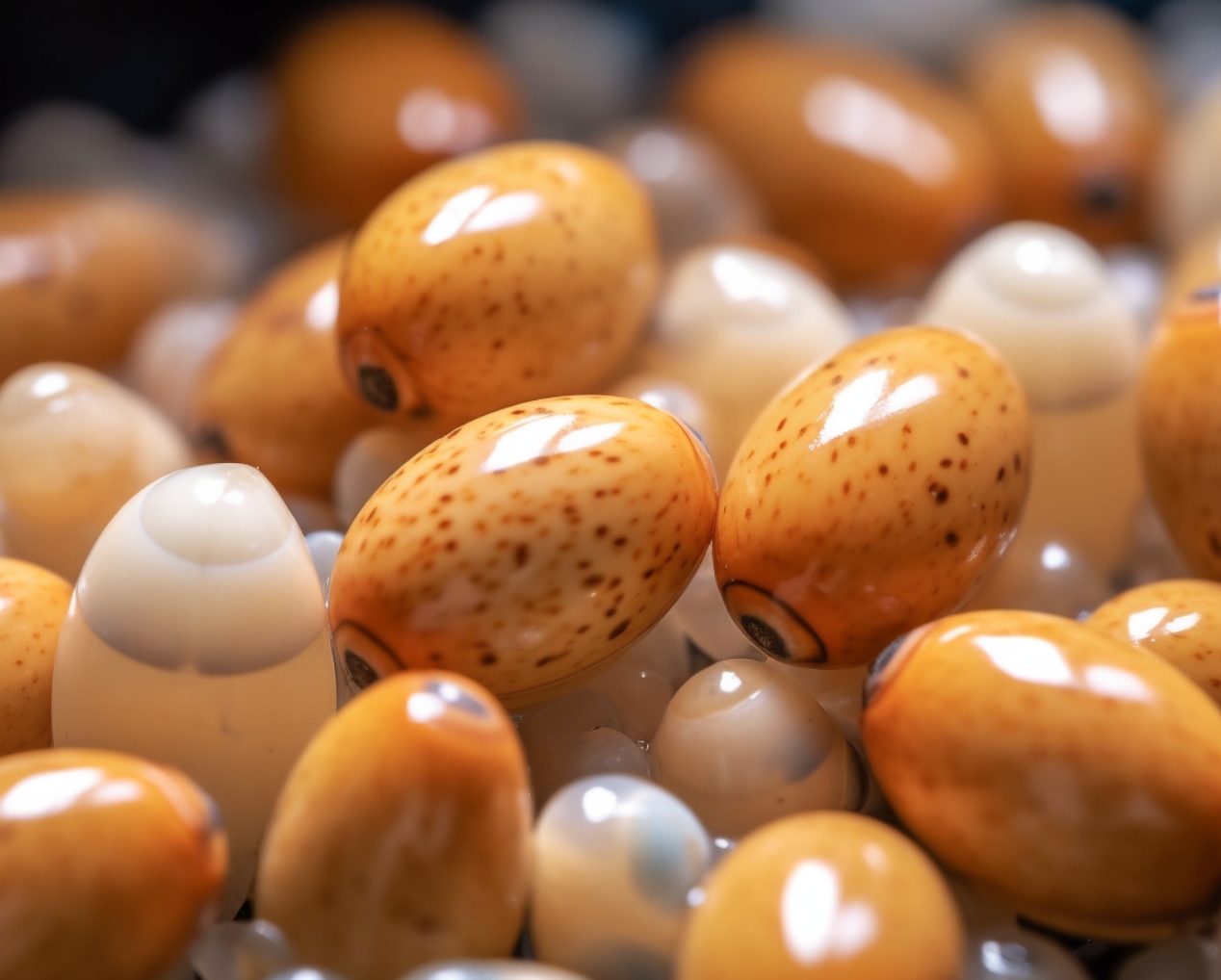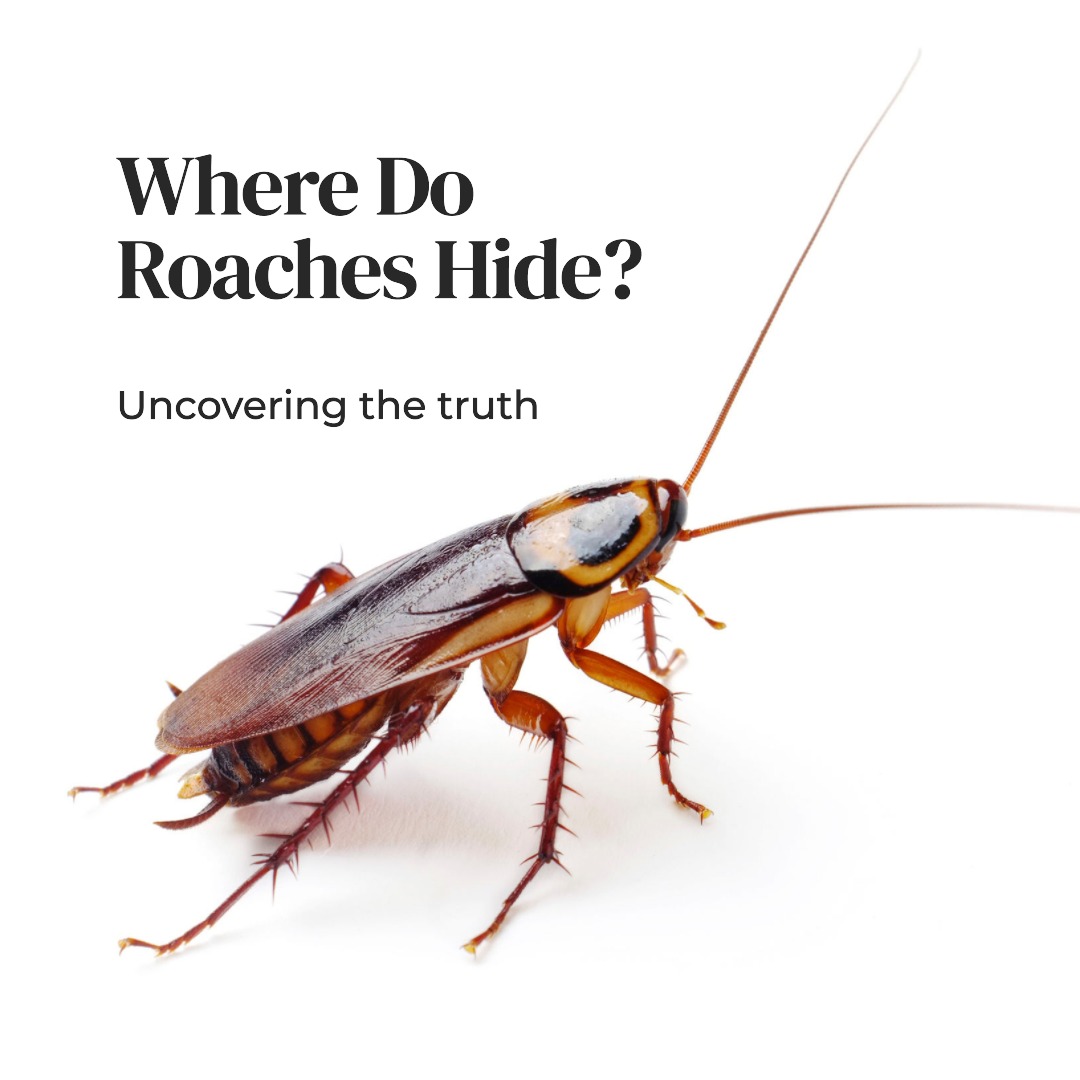Ah, cockroaches. Just the mere mention of them can make our skin crawl. But, what’s even more unsettling is the thought of these pesky creatures reproducing and laying eggs in our homes. If you’ve ever encountered a cockroach infestation, you’ll know that the key to stopping their spread is to attack the problem at its source: cockroach eggs. In this comprehensive guide, we’ll teach you everything you need to know about how to kill cockroach eggs effectively, using proven methods and the best products on the market.
Why Cockroach Eggs are a Major Problem
Contents
Cockroach eggs pose a significant threat to our homes and health. A single female cockroach can lay hundreds of eggs in her lifetime, meaning that if you don’t deal with them promptly, your home could quickly become overrun with these unwelcome guests. Not only do they cause damage to your property, but they can also spread diseases and trigger allergic reactions.
Step 1: Identify the Cockroach Eggs
Before you can effectively kill cockroach eggs, you need to know what they look like and where to find them. Cockroach eggs are often brown or dark-colored and are enclosed in a protective case called an ootheca. They can vary in size and shape depending on the species, but are generally around 1/4 inch to 1/2 inch long.
Cockroaches are notorious for hiding in dark, warm, and damp areas. When searching for their eggs, be sure to check:
- Behind kitchen appliances
- Under sinks and in cabinets
- In cracks and crevices along baseboards and walls
- Inside cardboard boxes or paper bags
Step 2: Choose the Right Products
There are many products on the market designed to help you eliminate cockroach eggs. Some of the most popular and effective options include:
- Insect Growth Regulators (IGRs): These chemicals work by disrupting the growth and development of cockroach eggs, preventing them from hatching. Two popular IGRs are Gentrol Point Source and Tekko Pro.
- Boric Acid: A natural insecticide, boric acid can be sprinkled or applied as a paste in areas where cockroach eggs have been found. Harris Roach Tablets are a popular choice for many homeowners.
- Diatomaceous Earth: This natural, non-toxic powder can be used to eliminate both adult cockroaches and their eggs. Safer Brand Diatomaceous Earth is a popular option.
- Cockroach Baits: These products contain a slow-acting insecticide that cockroaches take back to their nests, effectively eliminating the entire colony. Advion Cockroach Gel Bait is a top-rated choice.
Step 3: Apply the Treatment
Once you’ve chosen the right product for your needs, it’s time to apply it. Follow the manufacturer’s instructions carefully, and be sure to:
- Wear gloves and other protective gear, if required
- Apply the treatment in areas where you’ve identified cockroach eggs or seen evidence of cockroach activity
- Use a combination of treatments, if necessary, to increase your chances of success (e.g., using both an IGR and a bait)
- Reapply treatments as needed, according to the product instructions
Remember that patience is key when it comes to killing cockroach eggs. Depending on the treatment method you choose, it may take some time to see results. However, with persistence and proper application, you can effectively eliminate these pests and prevent them from returning.
Step 4: Prevent Future Infestations
After you’ve successfully killed the cockroach eggs in your home, it’s important to take steps to prevent future infestations. Here are some tips to help you keep these unwelcome guests at bay:
- Seal up entry points: Cockroaches can enter your home through small cracks and crevices. Inspect the exterior of your home and seal any gaps you find with caulk or other appropriate materials.
- Eliminate food sources: Keep your kitchen clean and store food in airtight containers to discourage cockroaches from seeking sustenance in your home.
- Reduce moisture: Cockroaches thrive in damp environments. Repair any leaks, and use a dehumidifier in particularly humid areas of your home.
- Declutter: Eliminate hiding places for cockroaches by getting rid of clutter, especially stacks of paper or cardboard.
- Monitor with glue traps: Place glue traps in areas where you’ve previously found cockroach eggs or seen evidence of their activity. This will help you detect any new infestations early on, making them easier to deal with.
What to Do if Your Infestation Persists
If you’ve followed the steps outlined in this guide but are still struggling with a cockroach infestation, it may be time to call in the professionals. Pest control companies have access to powerful treatments and expert knowledge that can help you eliminate even the most stubborn infestations.
When choosing a pest control company, be sure to:
- Read reviews and ask for recommendations from friends or family members
- Check for proper licensing and certification
- Request a detailed plan of action and cost estimate before agreeing to any services
Don’t be afraid to ask questions or request references from previous clients. A reputable pest control company should be more than willing to provide you with the information you need to make an informed decision.
In Conclusion
Killing cockroach eggs is a crucial step in eliminating a cockroach infestation and preventing future problems. By identifying the eggs, choosing the right products, applying treatments effectively, and taking preventive measures, you can reclaim your home from these unwanted pests.
FAQs
What kills roaches and their eggs instantly?
There’s no instant solution for killing both roaches and their eggs, as most treatments require time to work effectively. However, some products, like Advion Cockroach Gel Bait, can act relatively quickly, killing adult roaches within a few hours or days. For eggs, using an Insect Growth Regulator (IGR) like Gentrol Point Source or Tekko Pro can help prevent them from hatching.
Is there anything that kills roach eggs?
Yes, there are several products that can help eliminate roach eggs, including Insect Growth Regulators (IGRs), boric acid, diatomaceous earth, and cockroach baits. These treatments work by disrupting the growth and development of the eggs, preventing them from hatching, or killing the adult roaches responsible for laying the eggs.
Does spray kill cockroach eggs?
Some sprays may help eliminate cockroach eggs, especially if they contain an IGR. However, it’s important to use the spray according to the manufacturer’s instructions and target the areas where the eggs have been found. Keep in mind that sprays may not be as effective as other treatment methods, like baits or dusts, when it comes to dealing with roach eggs.
Does vinegar kill cockroach eggs?
Vinegar alone does not kill cockroach eggs. While it can help clean and disinfect surfaces, making them less attractive to cockroaches, it is not an effective treatment for eliminating eggs. It’s best to use one of the proven methods mentioned earlier in this guide, such as IGRs, boric acid, diatomaceous earth, or cockroach baits.
How long do roach eggs last?
The length of time it takes for roach eggs to hatch depends on the species and the environmental conditions. Generally, it can take anywhere from a few weeks to a couple of months for the eggs to hatch. Once hatched, the nymphs (baby roaches) will go through several molts before reaching adulthood, which can take several months to a year, depending on the species.
Can cockroach eggs stick to your clothes?
Cockroach eggs are typically enclosed in a protective case called an ootheca, which can be sticky when first laid. It is possible for an ootheca to become attached to clothing or other items if it comes into direct contact with them. To reduce the risk of accidentally transporting cockroach eggs, avoid leaving clothing or other items on the floor or in close proximity to areas where cockroaches have been spotted.
How many roaches are in a roach egg?
The number of roaches inside an ootheca varies depending on the species of cockroach. Generally, a single ootheca can contain anywhere from 16 to 50 eggs. Some species, like the German cockroach, can produce multiple oothecae in their lifetime, each containing dozens of eggs. This is why it’s so important to address cockroach infestations as quickly as possible to prevent their rapid reproduction.




